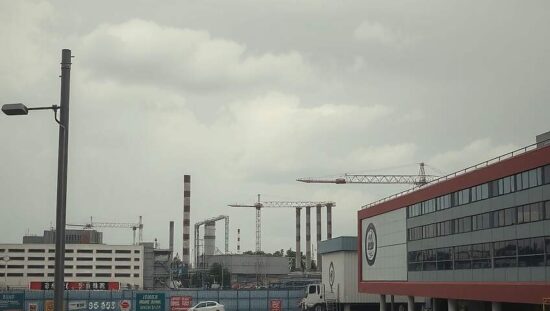A concerning trend of corporate relocation is revealing a potential weakening of Germany’s industrial base, according to newly released data from the Federal Statistical Office (Destatis). Between 2021 and 2023, approximately 1,300 German companies employing over 50 people partially or fully shifted business functions abroad, representing 2.2% of firms in this size category. This relocation resulted in a net loss of 50,800 jobs within Germany, despite the creation of 20,300 new positions, often stemming from restructuring or cost savings.
The most significant job losses, totaling 21,100, were concentrated in manufacturing operations. The data highlights a clear entanglement of German industry within global value chains, with 59% of firms with 50 or more employees reliant on either imports or exports of goods and services.
The primary driver for these relocations, cited by nearly three-quarters (74%) of companies, was the desire to reduce labor costs. Strategic decisions from corporate leadership accounted for 62%, while a further 59% pointed to other cost advantages and 38% to a domestic shortage of skilled labor. This paints a complex picture – a drive for efficiency intersecting with structural economic challenges.
Geographically, the majority (900 companies) chose locations within the European Union for their relocated functions, while 700 targeted destinations outside the EU. While intra-EU relocations might superficially appear less impactful, they still represent a shift of economic activity and potential tax revenue.
However, the data also reveals notable anxieties amongst businesses contemplating such moves. Legal or administrative hurdles, tax-related concerns and worries that relocation costs would outweigh the benefits were frequently cited as significant barriers or considerations – a testament to the complexities and risks involved, even for multinational corporations.
The findings are likely to fuel debate regarding Germany’s industrial policy and the balance between competitiveness and domestic job security. Critics argue that the focus on cost reduction risks undermining long-term innovation and resilience, while proponents maintain that global competitiveness requires flexibility and adaptation. The government now faces pressure to address the underlying issues-skill shortages, bureaucratic burdens and tax regimes-to retain and attract vital corporate investment.





